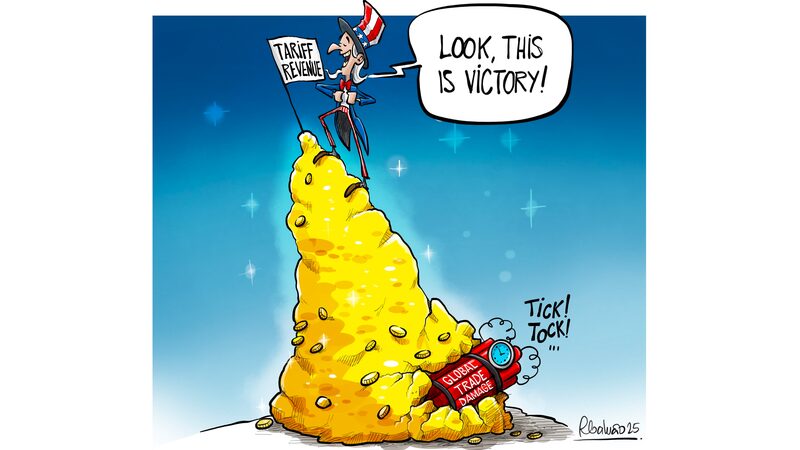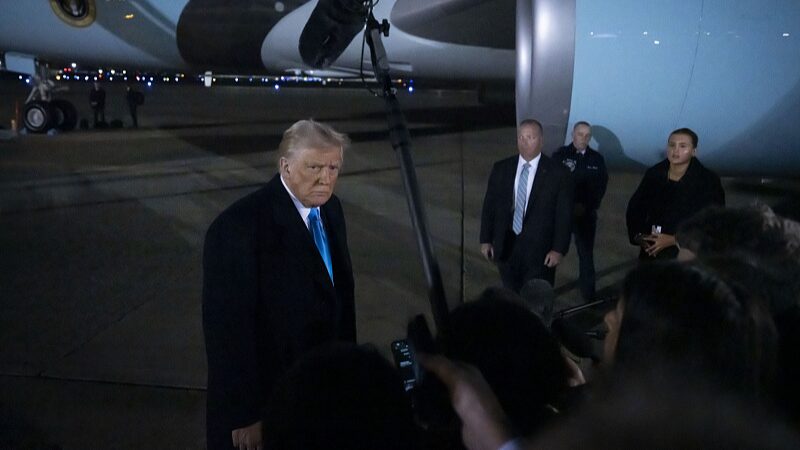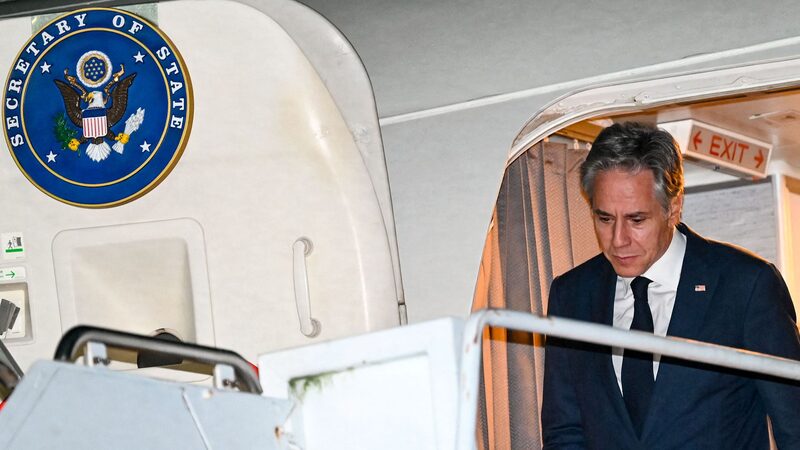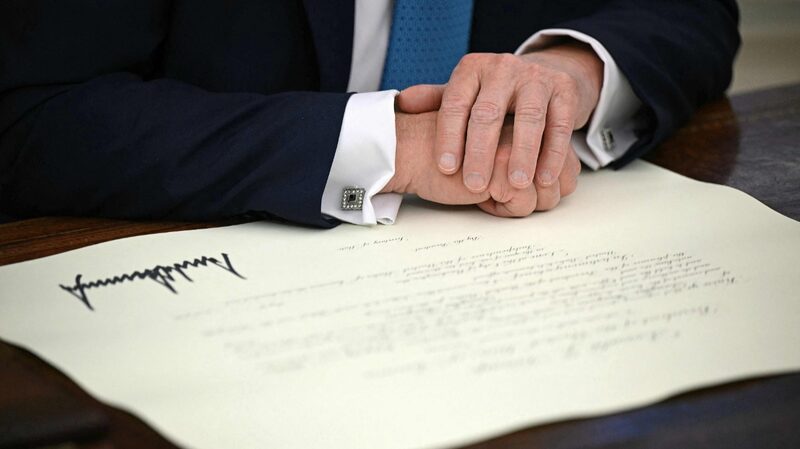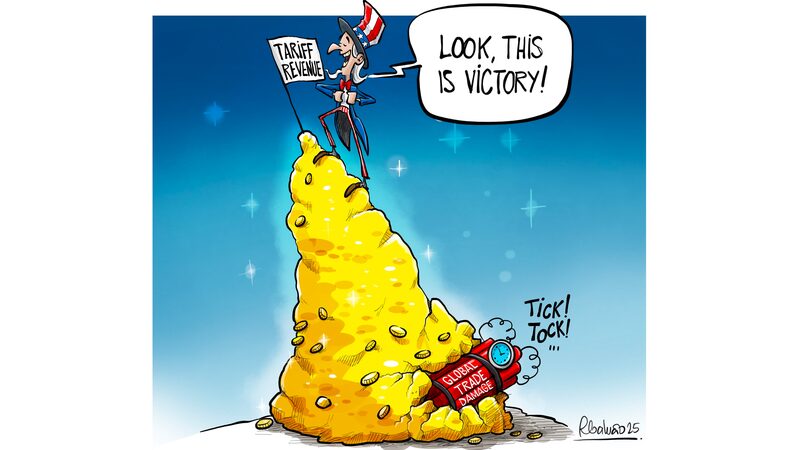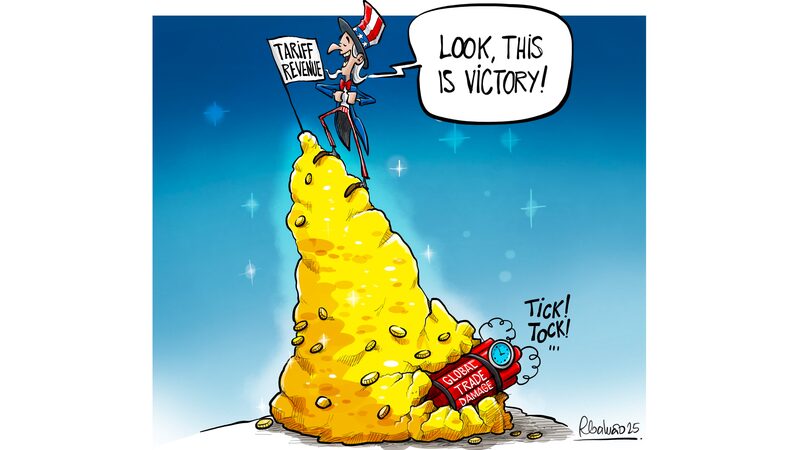The United States has once again weaponized its tariff policy by imposing tariffs on Canada, Mexico, and China. While these measures might seem beneficial to Washington in the short term—potentially reducing its trade deficit and increasing fiscal revenue—they carry significant long-term risks.
By using tariffs as a bargaining chip in negotiations, the U.S. aims to put pressure on its trading partners. However, this strategy can backfire, creating tensions in the global market and disrupting intricate supply chains that businesses around the world rely on.
Such actions are akin to setting off a time bomb in the global economy. As supply chains unravel and international cooperation diminishes, the ripple effects can lead to economic slowdowns not just for the targeted countries, but globally.
History has shown that there are no winners in a trade war. Instead of fostering economic growth and stability, tariff escalations lead to increased costs for consumers and businesses, reduced trade volumes, and strained international relations.
For the sake of global economic health, it's imperative that nations seek collaborative solutions to trade disputes. Open dialogue and negotiation, rather than punitive measures, are the keys to sustainable economic partnerships.
Reference(s):
cgtn.com
